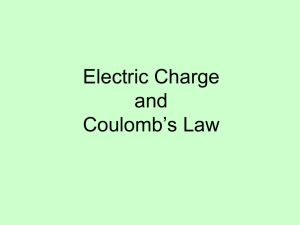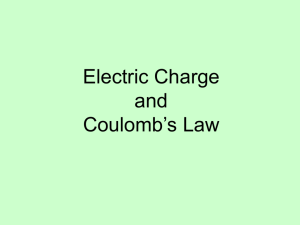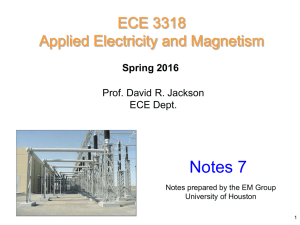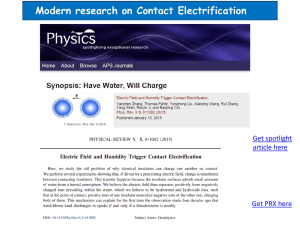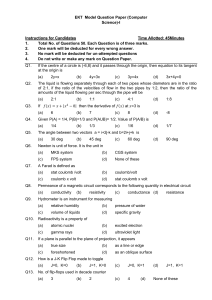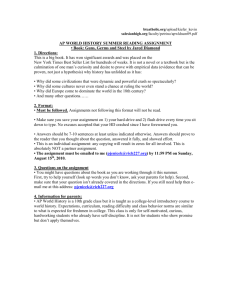Anomaly - The Bessler Wheel
advertisement
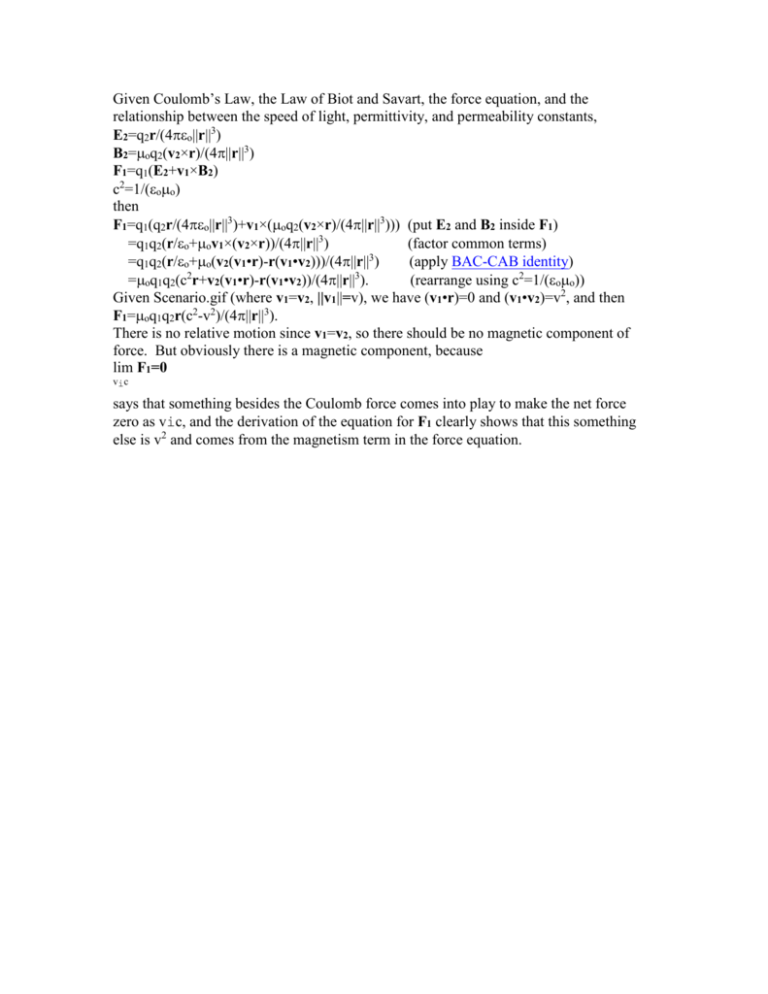
Given Coulomb’s Law, the Law of Biot and Savart, the force equation, and the relationship between the speed of light, permittivity, and permeability constants, E2=q2r/(4o||r||3) B2=oq2(v2×r)/(4r||3) F1=q1(E2+v1×B2) c2=1/(oo) then F1=q1(q2r/(4o||r||3)+v1×(oq2(v2×r)/(4r||3))) (put E2 and B2 inside F1) =q1q2(r/o+ov1×(v2×r))/(4||r||3) (factor common terms) 3 =q1q2(r/o+o(v2(v1•r)-r(v1•v2)))/(4||r|| ) (apply BAC-CAB identity) =oq1q2(c2r+v2(v1•r)-r(v1•v2))/(4||r||3). (rearrange using c2=1/(oo)) Given Scenario.gif (where v1=v2, ||v1||=v), we have (v1•r)=0 and (v1•v2)=v2, and then F1=oq1q2r(c2-v2)/(4||r||3). There is no relative motion since v1=v2, so there should be no magnetic component of force. But obviously there is a magnetic component, because lim F1=0 vic says that something besides the Coulomb force comes into play to make the net force zero as vic, and the derivation of the equation for F1 clearly shows that this something else is v2 and comes from the magnetism term in the force equation.
